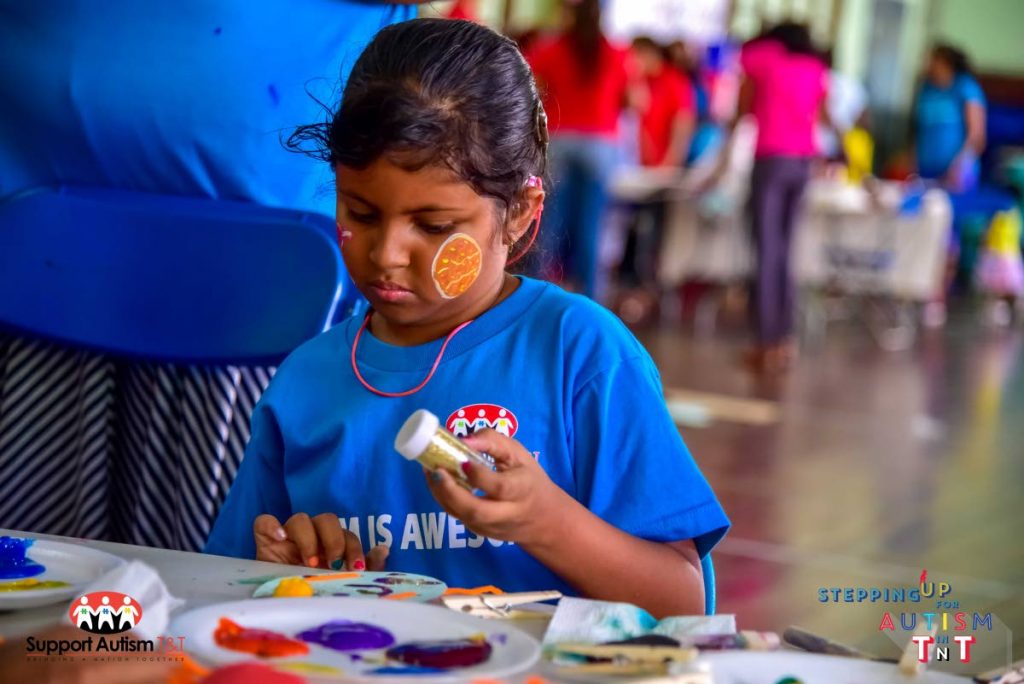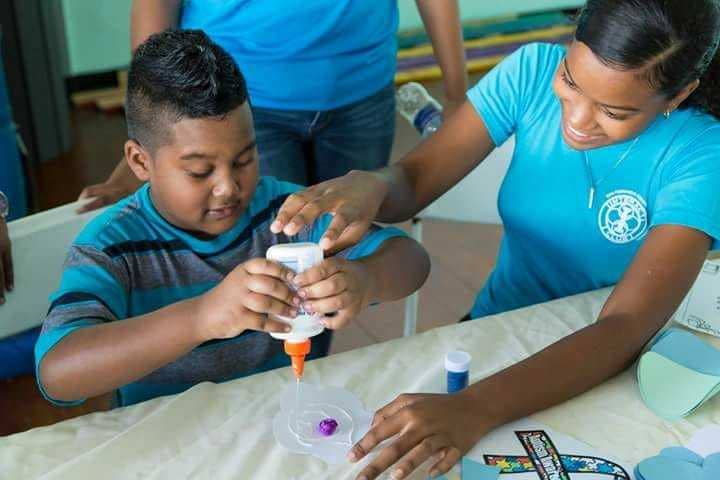Access to education

Part II
DR RADICA MAHASE
LAST week 19,139 students who wrote the Secondary Entrance Assessment (SEA) exam in May were placed in secondary schools.
In the midst of all the celebrations, special congratulations go out to Jahdiel Duncan, a 13-year-old boy, born with cerebral palsy. Duncan attended the Hermitage Presbyterian School and based on his exam results, he successfully gained a place in La Romaine High School.
Duncan’s academic success gives hope to so many parents and caregivers of children with special needs. Although the numbers are not properly quantified, there are so many parents who will tell you their children understand everything; they can communicate with their kids in their own special way; and all they want is a safe place where they can take their children; and where they will be taught in an individualised manner by understanding teachers and aides.
Each individual with a different ability should be taught in a way that will help that individual to achieve his or her fullest potential, whatever that might be. Some people might be able to excel academically, some might not. This doesn’t mean that the education they receive should be any less in any way. It simply means that the entire education system needs to be rejuvenated and modernised.
The Education Act clearly states that the education system should be organised so that “there may be provided special schools suitable to the requirements of pupils who are deaf, mute, blind, retarded or otherwise handicapped.” Regarding the establishment of schools it notes that there must be “special schools for the education and training of children who are handicapped in such a way as to require special educational facilities for their best development.”
Theoretically, this has been done in our country. Presently we have government and government-assisted special schools but these are overcrowded, with too few teachers, not enough resources amongst other things. The entire system is not as effective as it could be. However, a more concerted focus on public special needs education can lead to the creation of very effective special needs education system in our country.

Proper physical infrastructure for schools is a good place to start. There are many students like Duncan who are mentally and intellectually capable of performing in a regular school environment. However, due to their physical challenges they cannot attend these schools. Therefore, government schools need to be more accessible and welcoming to those with physical challenges. Wheelchair ramps, wheelchair bus services; more spacious classroom (to accommodate wheelchairs) will help many children to access government schools.
To deal with financial constraints, a good idea would be to identify schools in each education districts and upgrade the physical infrastructure for these specific schools, provide a reliable wheelchair bus service or other special transport system and let students attend those. It will mean some extra time spent in commuting for some students but rather than wait for the government to find money to upgrade all schools, at least there would be some opportunity available in the interim.
For those children who are unable to attend regular schools due to varying levels of intellectual development, there should be centres of learning where they will be given an Individual Education Plan (IEP), tailored for their abilities and taught in a stimulating way. The IEP is crucial even for those “normal” children attending regular schools. IEPs should be introduced from the pre-school level. Presently, we have a system which expects all children to colour within the lines and achieve pre-specified milestones. Imagine if we had a system which encouraged children to think outside the box and go beyond the expected milestones.
Teachers are usually trained to teach for the average learner in a classroom. Sadly, though, those who are fast learners are not intellectually stimulated and become bored very quickly while slower learners are left behind. An IEP will help children, whether special needs or “normal”, to learn at his or her own pace. If our education system cannot do this then it would be ineffective, as is the case presently.
Duncan’s mother, family and teachers are commended for the role they played in facilitating his academic achievements. His success is a success for all those parents and individuals with special needs who fight everyday to access opportunities in our country. Duncan’s success is what every special needs parent hope for their child. Congratulations Duncan!
Dr Radica Mahase is founder/director, Support Autism T&T


Comments
"Access to education"